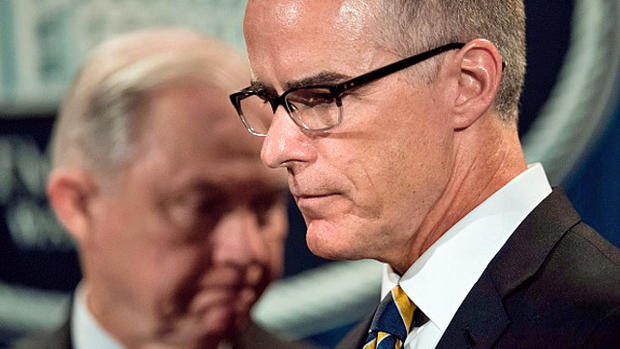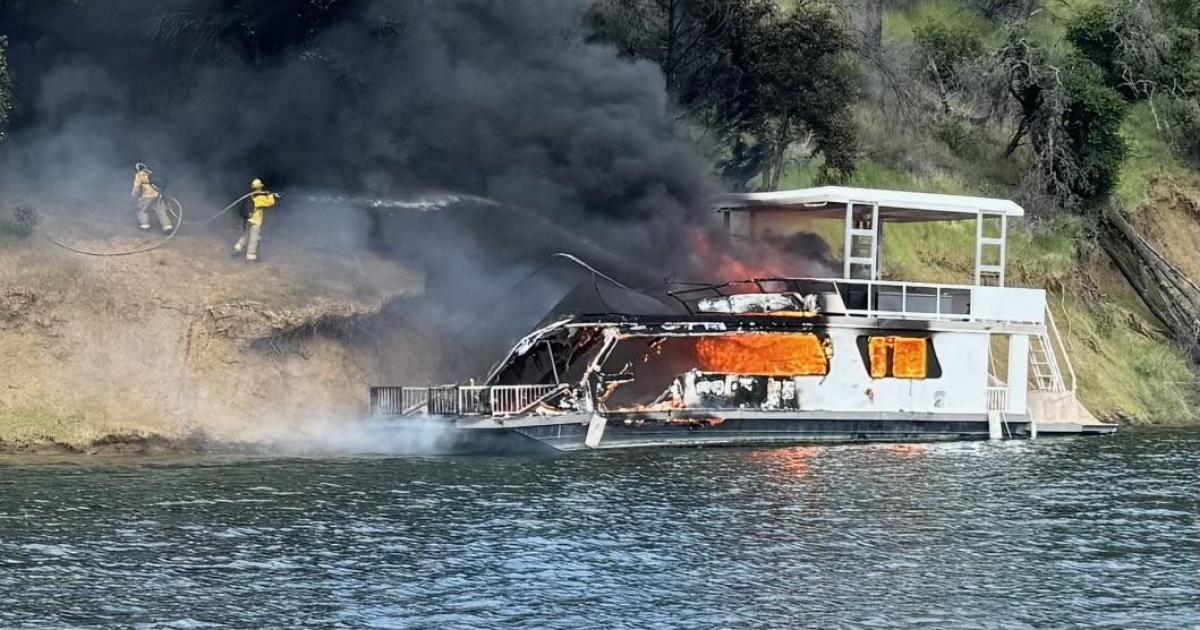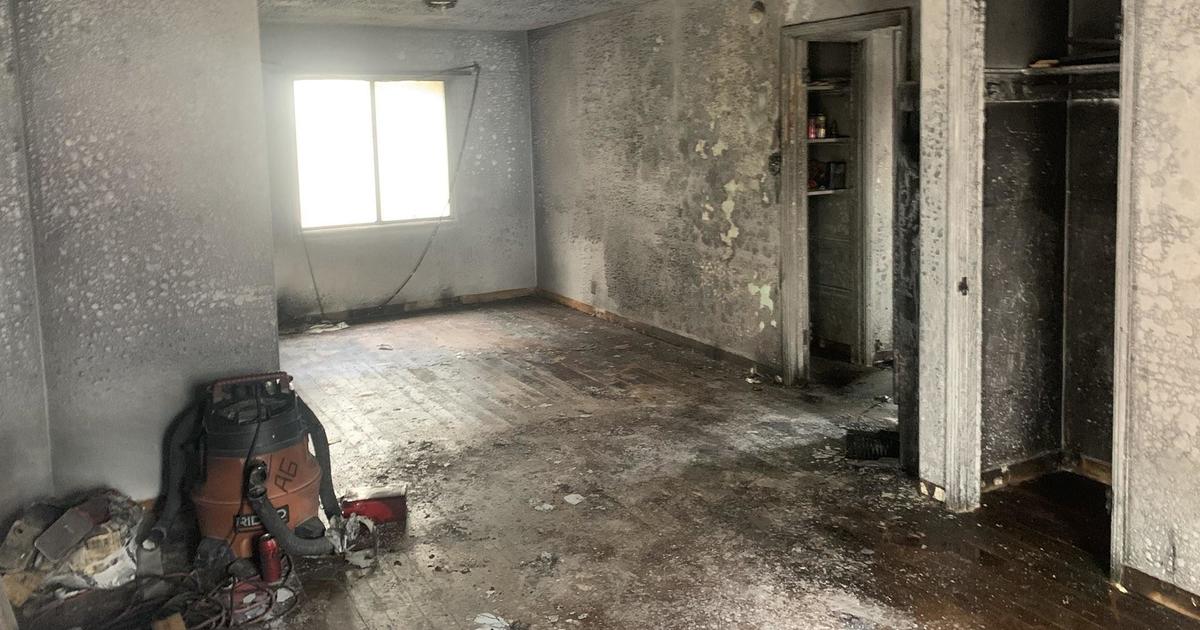Attorney General Sessions Fires Former FBI Deputy Director Andrew McCabe
WASHINGTON (AP) -- Attorney General Jeff Sessions says he has fired former FBI deputy director Andrew McCabe, a regular target of President Donald Trump's anger and criticism, just two days before his scheduled retirement date. McCabe immediately decried the move and suggested it was part of the Trump administration's "war on the FBI."
The Friday dismissal was made on the recommendation of FBI disciplinary officials and comes ahead of an inspector general report expected to conclude that McCabe had authorized the release of information to the news media and had not been forthcoming with the watchdog office as it examined the bureau's handling of the Hillary Clinton email investigation.
"The FBI expects every employee to adhere to the highest standards of honesty, integrity, and accountability," Sessions said in a Friday night statement.
In an extraordinary rebuttal released immediately after the attorney general's announcement, McCabe said his credibility had been attacked as "part of a larger effort not just to slander me personally" but also the FBI and law enforcement.
"It is part of this administration's ongoing war on the FBI and the efforts of the special counsel investigation, which continue to this day," he added, referring to Robert Mueller's ongoing probe into potential coordination between Russia and the Trump campaign. "Their persistence in this campaign only highlights the importance of the special counsel's work."
McCabe also asserted that he was being singled out because of the "role I played, the actions I took, and the events I witnessed in the aftermath of the firing of James Comey." Mueller is investigating whether Trump's actions, including firing Comey as FBI director last May, constitute obstruction of justice, and McCabe, a close Comey confidant, could be an important witness. McCabe said the release of the findings against him was accelerated after he told congressional officials that he could corroborate Comey's accounts of his conversations with the president.
Though McCabe had spent more than 20 years as a career FBI official, and had played key roles in some of the bureau's most recent significant investigations, Trump had repeatedly condemned him over the last year as emblematic of an FBI leadership he contends is biased against his administration. He appeared to revel in the termination, tweeting early Saturday that it was a "great day for Democracy" and a "great day for the hard working men and women of the FBI."
The dismissal is symbolic to an extent since McCabe had been on leave from the FBI since January, when he abruptly left the deputy director position. But it comes just ahead of his planned retirement, on Sunday, and likely jeopardizes his ability to collect his full pension benefits upon his departure. It could also add to the tumult that has enveloped the law enforcement agency in the last year amid the firing of former director James Comey in May and an ongoing FBI probe of the Trump campaign that the White House has dismissed as a hoax.
The firing arises from a wide-ranging inspector general review into how the FBI handled the Clinton email investigation. That inquiry view focused not only on specific decisions made by FBI leadership during the probe, but also on news media leaks.
McCabe came under particular scrutiny over an October 2016 news report that revealed differing approaches within the FBI and Justice Department over how aggressively the Clinton Foundation should be investigated. The watchdog office has concluded that McCabe authorized FBI officials to speak to a Wall Street Journal reporter for that story and that he had not been forthcoming with investigators, which McCabe denies.
In his statement, McCabe said he had the authority to share information with journalists through the public affairs office, a practice he said was common and continued under current Director Christopher Wray. He said he had honestly answered questions about whom he had spoken to and when, and that when he thought his answers were misunderstood, contacted investigators to correct them.
The media outreach came at a time when McCabe said he was facing public accusations of partisanship and followed reports that his wife, during a run for state political office, had received campaign contributions from a close Clinton ally. McCabe suggested in his statement that he was trying to "set the record straight" about the FBI's independence against the background of those allegations.
Despite his defense, officials at the FBI's Office of Professional Responsibility recommended the firing, leaving Justice Department leaders in a difficult situation. Sessions, whose job status has for months appeared shaky under his own blistering criticism from Trump, risked inflaming the White House if he decided against firing McCabe. But a decision to dismiss McCabe days before his firing nonetheless carried the risk of angering his rank-and-file supporters at the FBI.
McCabe enjoyed a rapid career ascent in the bureau after joining in 1996. Before being named FBI deputy director last year, he led the bureau's national security branch and also the Washington field office, one of the its largest.
But he became entangled in presidential politics in 2016 when it was revealed that his wife, during an unsuccessful bid for the Virginia state Senate, had received campaign contributions from the political action committee of then-Virginia Gov. Terry McAuliffe, a close Clinton ally. The FBI has said McCabe received the necessary ethics approval about his wife's candidacy and was not supervising the Clinton investigation at the time.
He became acting director following the firing last May of Comey, and immediately assumed direct oversight of the FBI's investigation into the Trump campaign.
He quickly found himself at odds with the Trump administration.
As a congressional hearing days after Comey's dismissal, McCabe contradicted White House assertions that the Trump campaign investigation was one of the "smallest things" on the FBI's plate and strongly disputed the administration's suggestion that Comey had lost the support of the bureau's workforce.
"I can tell you that the majority, the vast majority of FBI employees, enjoyed a deep and positive connection to Director Comey," McCabe said.
© Copyright 2018 Associated Press. All Rights Reserved. This material may not be published, broadcast, rewritten or redistributed




